2016 may be a year of reckoning for the tourism industry. In her recent article, “Are the eggs of the tourism goose starting to crack?”, strategic advisor and Founder of Concious Travel Anna Pollock calls out systemic problems within the tourism industry that have dire consequences for destinations, residents and travellers. Among the root causes she mentions are: a) “a reluctance to admit to and deal directly with the negative consequences associated with tourism growth,” b) a failure to focus on the “net benefit” of tourism beyond increasing a place’s GDP and c) not ensuring that residents have a say in the scope, pace and scale of tourism.
For Pollock, these problems indicate the need for a paradigm shift and create an urgent call for greater collaboration between tourism, human society and the planet. She says that “if the tourism economy has any chance of becoming sustainable (for it certainly isn’t now), we have to enter into a more intelligent, nuanced debate that acknowledges reality and its complexities in terms of both cause and consequence.”
So what are some of the biggest issues surrounding this discussion for destination marketing organizations (DMOs)?
Creating meaningful change takes courage
“We are running out of time for diplomatic niceties. Most DMOs and national tourism organizations (NTOs) around the world, from cities, regions, through to countries, are mandated and judged according to their ability to grow tourism in volume and spending regardless of the costs or where the net takings get distributed. That’s why it’s not appropriate to point fingers and criticize people who are simply doing what they were hired to do.
“Furthermore, it takes exceptional courage to question orders in what is still a hierarchical command and control structure. So I don’t expect the change to come from within DMOs. Unless DMO personnel wake up to the fact that they, too, need to evolve in response to changing times, their relevance and utility will be questioned.”
DMOs should enable collaboration from the bottom up
Pollock has long been urging DMOs to respond to the challenges by leading collaboration. “Back in 2002, I identified that the big strategic choice for DMOs was to continue to control or to instead, enable.”
A slide from her 2002 presentation, The Role of DMOs in the Tourism Ecosystem, compares the two approaches. “Fourteen years later,” Pollock says, “the evidence is clear. Facebook, Google and Airbnb are all enablers and doing fine, thank you. DMOs have missed that opportunity in the tourism space.”
Since that time, strong examples of collaboration have emerged, but have yet to become the norm. “By 2010, I was emphatic that the DMO had to engage their community and let guests, suppliers, and residents do the inviting because ‘everyone is an intermediary.’ So while I am delighted, I am not at all surprised by the success small destinations like Visit Sørlandet are having with putting those concepts into very effective practice in 2016. But Sørlandet is lauded as a leader (and so they should be) when, in fact, they should be the norm. It could well be too late, as any competitive edge the DMO has as the official voice of the place brand is being eroded.”
Others have also identified the need for DMOs to succeed at consumer engagement. “The first slide in Rodney Payne’s excellent presentation on The future of destination marketing says all that needs to be said – that’s the objective. If you get that right, everything else follows.”
As destinations seek to engage their customers and adapt to the myriad challenges affecting the tourism industry, Pollock encourages destinations to think forward to a stronger future. “Instead of looking backwards and crying over lost opportunities, why not learn from the past and commit to learning from it in order to make the right decision next time?”
Related reading: 50 challenges that 50 destination marketers told us they face in 2016

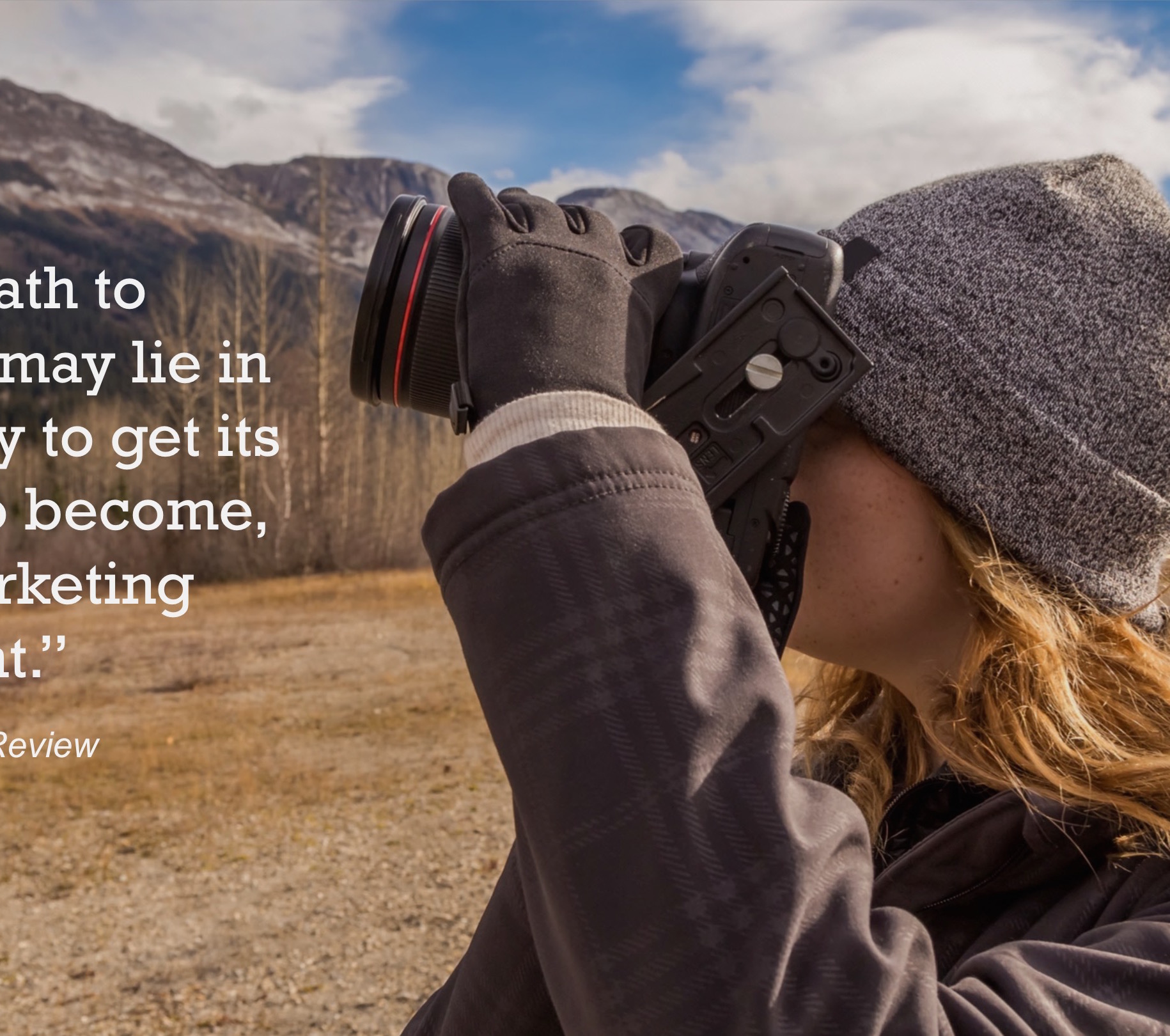
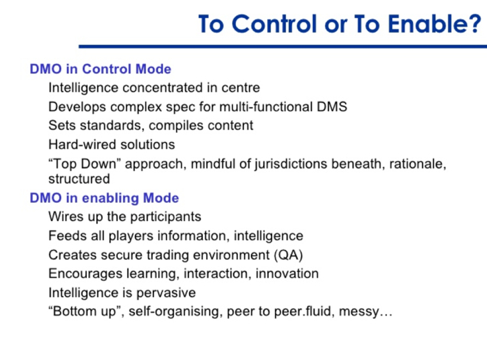
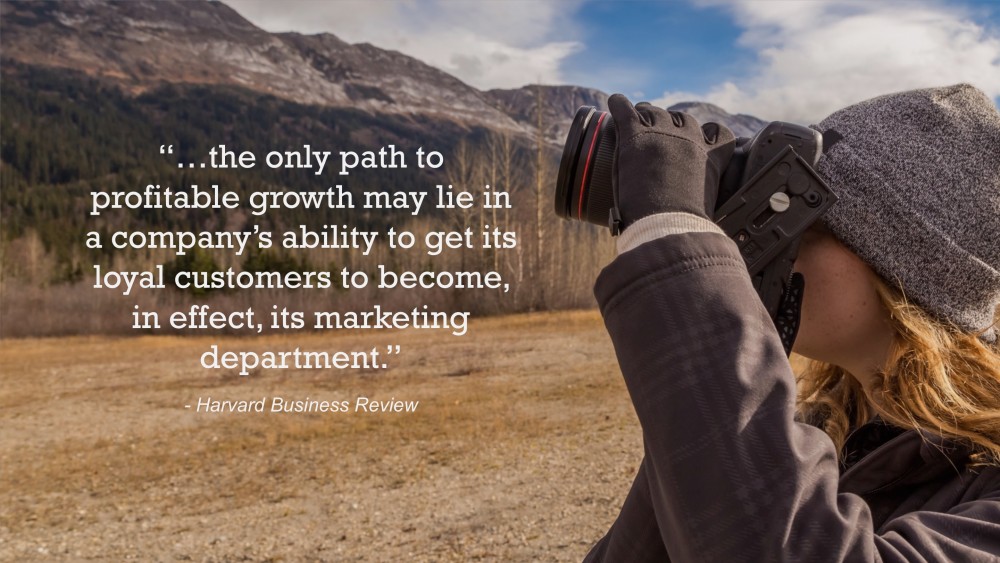

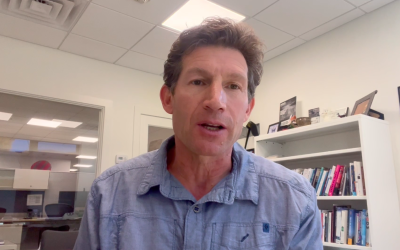
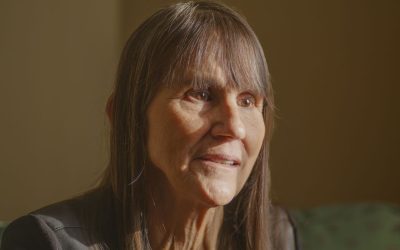




0 Comments